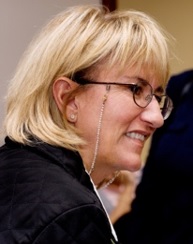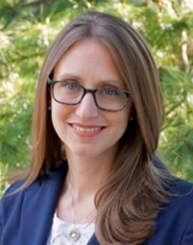Leading Change Together: A Deep Dive into Developmental Leadership & Capacity Building

Location/Format: TBD
Registration Fee: $3,795
Group/Team Discount (2 or more): Contact cps@tc.columbia.edu
Program Description:
In this four-session, interactive institute, educators and leaders at all levels will be invited to explore a new, developmental model for capacity building in individuals, teams, schools, districts, and systems. Drawing from and extending the facilitators’ new book, Leading Change Together (ASCD, 2018), the institute introduces adult developmental theory and promising practices for building capacity systemwide. Participants will explore five interconnected drivers of growth and change—theory, culture, the pillar practices of collaboration, feedback, and sustainability—and practical strategies for each that can be implemented in any school or district. Participants will have multiple opportunities to apply learnings, develop action plans, and enhance their practice of supporting adult growth.
Specifically, during these sessions, you will:
- Learn about adult developmental theory and its practical implications for leadership, collaboration, and capacity building;
- Explore key elements of a developmental model for leading change—including theory, building growth enhancing cultures, implementing the pillar practices (i.e., teaming, inviting adults into leadership roles—lifting leadership, collegial inquiry, mentoring/developmental coaching), a developmental approach to giving and receiving feedback, and sustainability; and
- Engage in reflection, application exercises, transfer to practice, case discussion, and action planning to apply key ideas to current and future practice.
Supporting authentic learning in adults leads to increased student achievement. This interactive institute offers you a developmental approach to supporting adult learning, building internal capacity, enhancing professional communities, improving supervision and feedback, and lifting instructional, administrative, and teacher leadership. This approach to change and growth can help us to better manage the complex, adaptive challenges of teaching, leading, and learning in today’s fast-paced, educational world.

